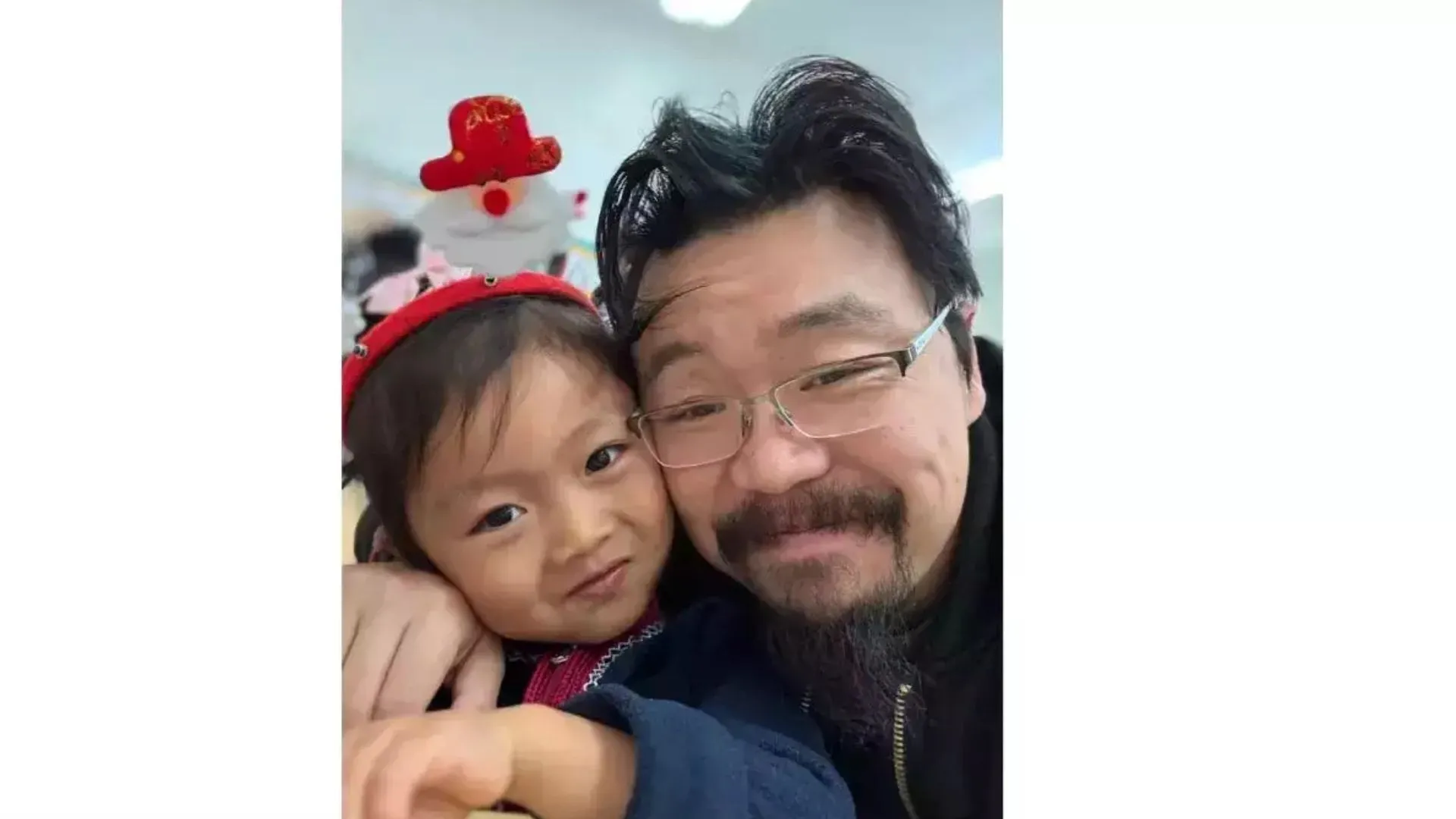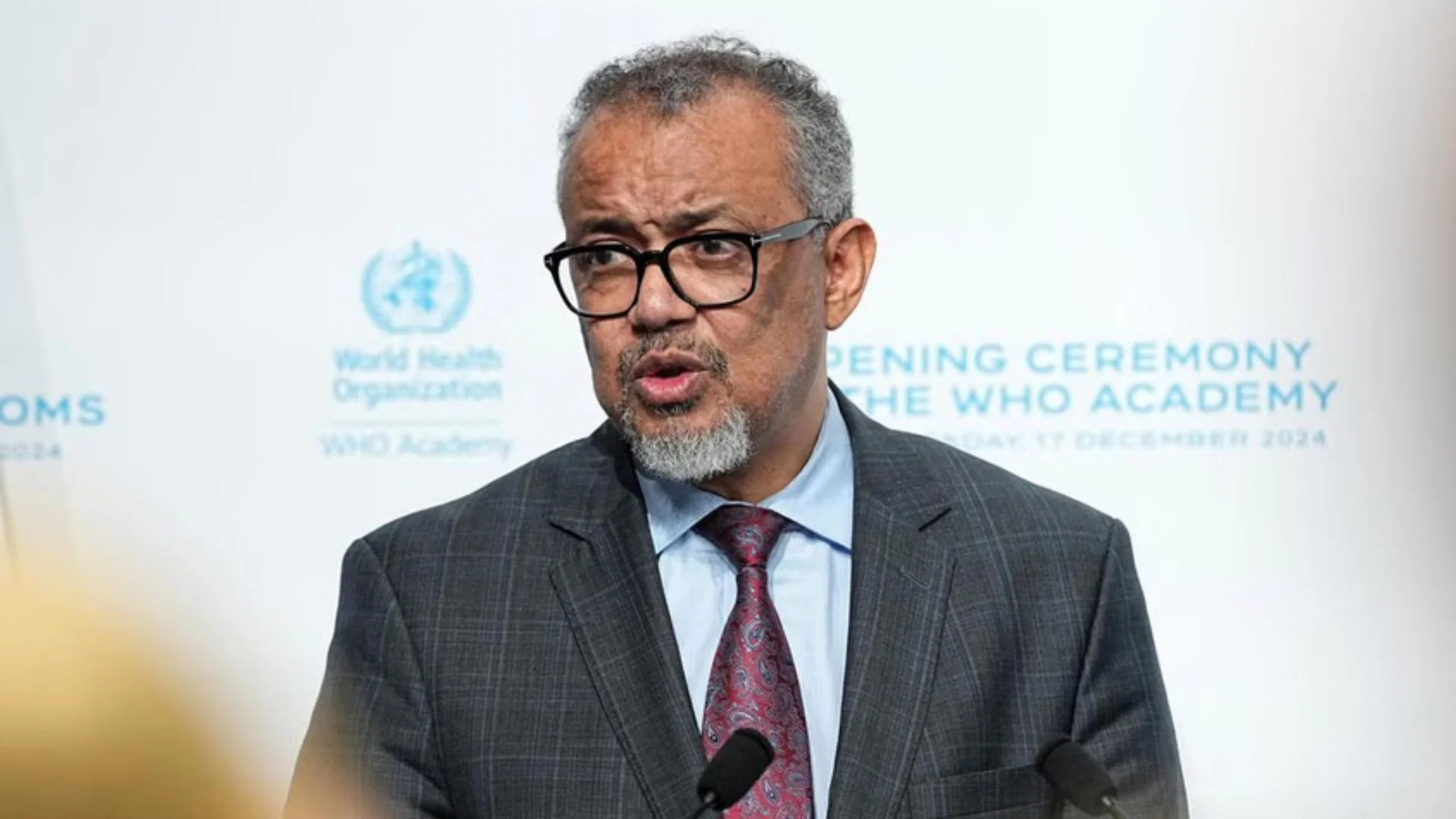Introduction
The outbreak of Covid-19 has set the eyes of the world towards finding a suitable vaccine for the virus. Undoubtedly, the vaccine will have a huge global demand once it is prepared. This prevailing situation has made various countries to re-think some of the most pressing issues with regard to the patent regulation. Patent linkage is perhaps one of the most debatable aspects in patent regulation around the world. Various countries have often tried to explain different ambits of patent linkage in accordance with the situation prevailing. The system of ‘patent linkage’ refers to the practice of linking the market approval of the generic product to the status of the patent of the innovator’s product. This way, patent linkage has the involvement of two different authorities, one being the regulatory body which grants the market access to the pharmaceutical industry and other is the patent office which grants the patent rights to the patentee. If there being an existing patent on the subject drug then the regulatory authority can refrain from providing market approval to the generic manufacturer as per the regulation.
The denial of the market entry often concerns the access to essential and cheaper medicines and in larger picture, the public health issue. The availability of generic drug being subjected to such preceding condition irrespective of any infringement does affect the larger issues of access to medicine. Issue of patent linkage must be discussed globally, in the light of ongoing pandemic when access to medicine is of utmost concern for every country. In the past few years, we have seen countries, especially the developed ones, trying to encourage other countries, to include “linkage regulation” in their domestic régime, frequently. This encouragement is done through various bilateral and multilateral agreements.

Free trade Agreements and TRIPs
The US- South Korea Free Trade Agreement, commonly known as KORUS FTA, is one of the examples where due to this agreement; South Korea changed its domestic laws to insert the notion of Patent Linkage. Trans-Pacific Partnership is another agreement which did not come to force, due to US withdrawal primarily because the measures were inconsistent with that of US commitments of free and fair trade as notified by the US government. US wanted to implement TRIPs-plus provisions which were countered by different developing countries on board. Consequently, the remaining members re-negotiated the draft and entered into new agreement known as Comprehensive and Progressive Agreement for Trans-Pacific Partnership. Similar, Re – gional Comprehensive Economic Partnership (RCEP) too witnessed India’s walkover owing to the requirement of adopting TRIPS-plus provisions by countries. India rejected this requirement on grounds of under developed IP laws of various countries, including India’s.
It becomes imperative to understand the provision of linkage in TRIPS agreement. Too much surprise, TRIPS provisions do not talk about any linkage regulation. The countries supporting this regulation however, adopted a literal interpretation of TRIPS agreement resulting into TRIPs-plus regime, as mentioned above. In the TRIPs Agreement, if anywhere the rights of patentee are elaborated; it is Article 28.1(a) which provides that “where the subject matter of a patent is a product, to prevent third parties not having the owner’s consent from the acts of: making, using, offering for sale, selling, or importing for these purposes that product”. Also one article that deals this domain is Article 39.3 which says Members, when requiring, as a condition of approving the marketing of pharmaceutical or of agricultural chemical products which utilize new chemical entities, the submission of undisclosed test or other data, the origination of which involves a considerable effort, shall protect such data against unfair commercial use. In addition, Members shall protect such data against disclosure, except where necessary to protect the public or unless steps are taken to ensure that the data are protected against “unfair commercial use”. The reading of both the article might give us some insight that the notion of Linkage must have come from the interpretation of these two articles but cannot be confirmed. It purportedly, being one of the barrier, it’s difficult to assume TRIPs giving such notion.
Claims vs Critique
Claims made for favoring linkage regulations were such that it was necessary for providing incentive to originator firms making high risk research and development. But all these grounds offered in support does not validly relates to other mechanism for intellectual property protection such as data protection and patent term extension etc. If we talk about the US Hatch Waxman Act, it brings the linkage regime into force for the explicit need to balance the brand pharmaceuticals firms and the generic firm to bring cheaper medicine “as soon as possible”. Through this the US publishes the Orange Book which contains all the approved drugs in the US which are having the same Therapeutic Evaluation. The Food and Drug Administration (FDA) updates the list of all the drugs and provides the exclusivity information and all the industry while filing for the Abbreviated New Drug Application must show which drug has been used and what is the expiration of the same. The inability of the generic manufacture to rely over the originator’s clinical trial test data makes it simply impossible to bring cheaper medicine “as soon as possible”. This framework seems to be used for avoiding competition by the originator.
Too much surprise, the European Union does not have a system of patent linkage. There were instances where various industry have tried to introduce such provision but they failed and even in a 2006 press release, the European Generic Medicines Association had stated that patent linkage is contrary to EU regulatory law as it undermined the Bolar provision which sought to encourage quick access to the post patent market for EU generic medicines
Why this clause is generally added to the various agreements might also be because this shifts the onus of regulating the infringement from the patent holder to the authority. This way the authorities take the responsibility of a patent office to which they don’t have any expertise. This linkage also gives the power to patent holder to have an injunction on the claim without evaluating the merit of the same. Even previous research have concluded that even in US, this clause is moreover used in avoiding the competition among the products with the originator drug and delaying the very entry of generic drugs. Undoubtedly, pharmaceuticals companies will be the major supporter for the linkage framework to be adopted by countries, especially developing countries. If we try to analyze the economic perspective of this framework, most of the justification follows the tendency to respond to positive incentive and rewards. But these incentives must be ‘locked’ up at least ‘temporarily’, for the primary purpose of providing net benefit to society, in the time of pandemic.
Currently, we are seeing various Asian Countries amending their local laws to insert the linkage clause. China, South Korea, Singapore are some which have linkage regulations. Latest entrant to the list is Taiwan which amended its law in 2019. Still some of the Asian Countries like Indonesia, Thailand, Brunei, Malaysia, Philippines and Vietnam does not have the patent linkage regime. It is imperative to see whether countries like Malaysia, Vietnam, and Brunei will change their patent law, they being the member of Comprehensive and Progressive Agreement for Trans-Pacific Partnership, which requires the members to have a law for preventing the issuance of marketing approval to avoid the risk of infringement.
The linkage framework will be inconsistent with the double benefits that pharmaceutical companies are getting with the prolonged market exclusivity for the drug. All scientific development is built upon a pre-existing knowledge and concept. This framework kills the substantial interest of the developing countries with weak IP regulations for their much needed purpose of access to medicine. The automatic stay over the market approval is an unintended consequence of this regime. It is imperative to analyze two cases which are very important for this discussion. The Delhi High Court in the case of Bristol-Myers Squibb Co. vs. Hetero Drugs gave an ex parte injunction to Bristol, preventing Drug controller to approve generic version by Hetero, which created lot of distress among generic manufacturer. In 2010 landmark decision of Delhi HC in Bayer Corporation vs. Cipla, the court made it clear that patent linkage is impermissible in India.
Conclusion
The two authorities have different functions, of which no linkage is possible. The primary problem is not the linkage as a whole but the legal nexus being created under this regime. It is very hard to understand the drug regulatory approval taking the responsibility of the patent office, of which they don’t have expertise. This process delays the entry of the generic manufacturer without any proven infringement thereby largely affecting the access to medicine and in larger picture, cheaper medicine. This pandemic does make us realize the importance of not only cheap medicines but also a rapid access to medicines. It is necessary to have a global linkage regime which must address this pertinent issue at large. It should not be limited to individual countries, especially during such global pandemic. Till now we don’t find any such guidelines or regulation which addresses this issue globally. Prompt and affordable access to essential medicine is a component of all domestic and public health models and barring the generic drugs is doctrinally weak which prejudices the historical, epistemological and jurisprudential foundation of intellectual property.
Saransh Chaturvedi is pursuing LLM at the Rajiv Gandhi School of Intellectual Property Law. Indian Institute of Technology, Kharagpur.













